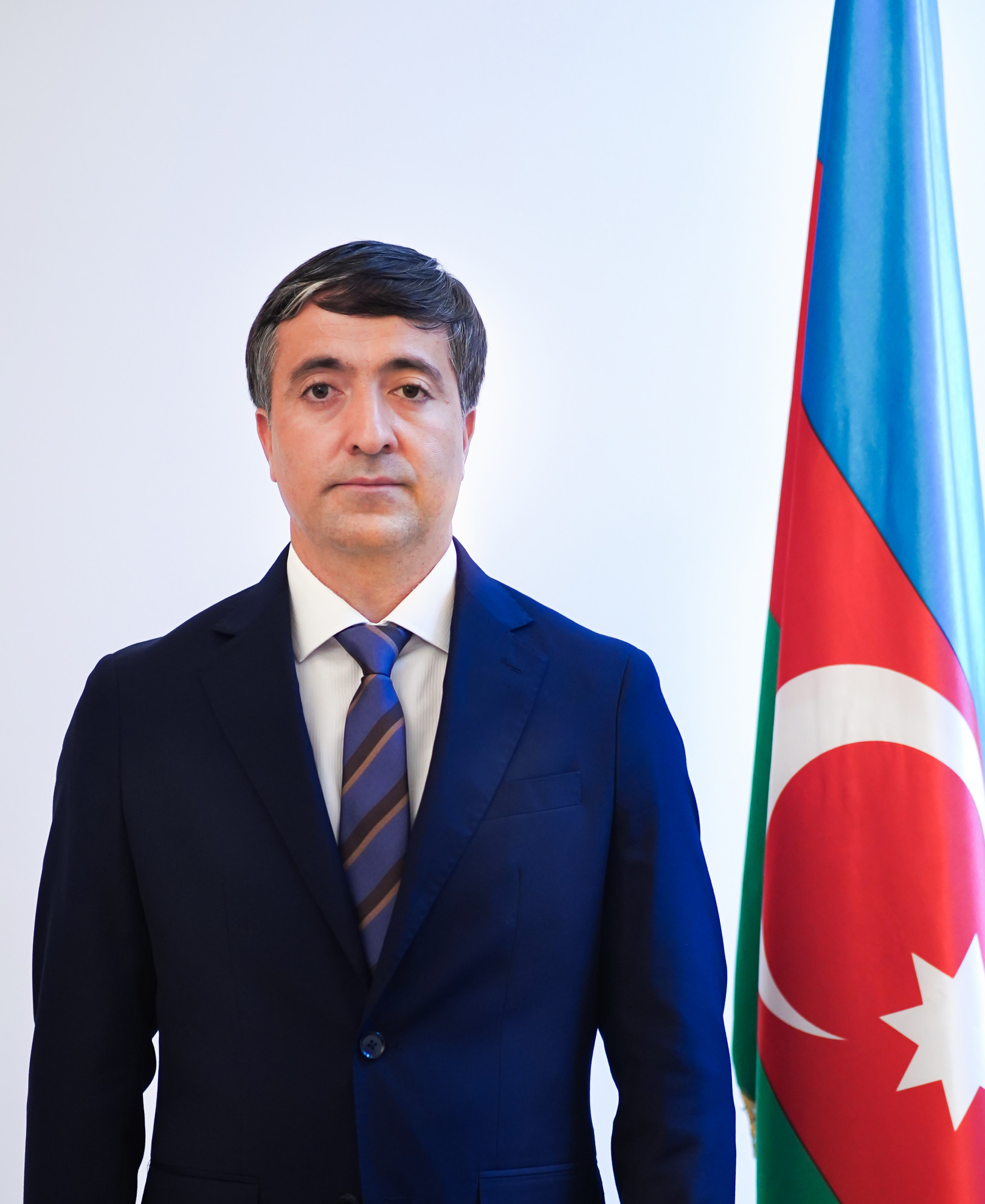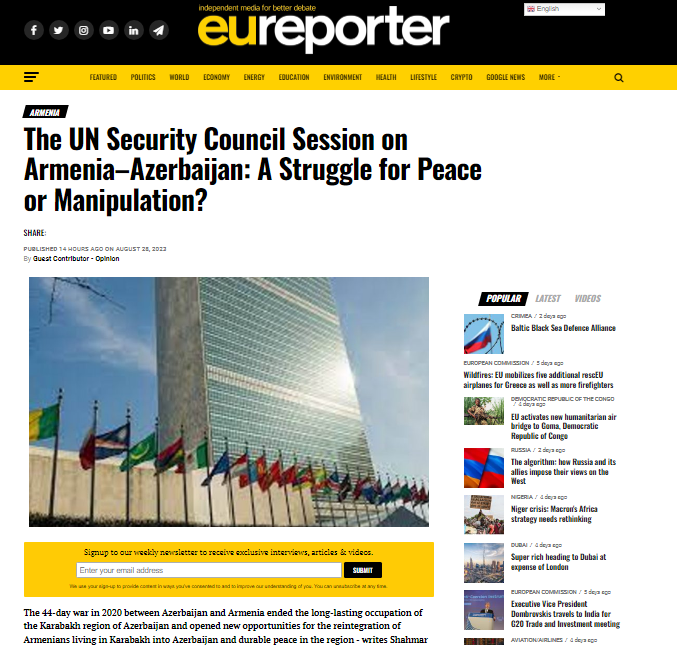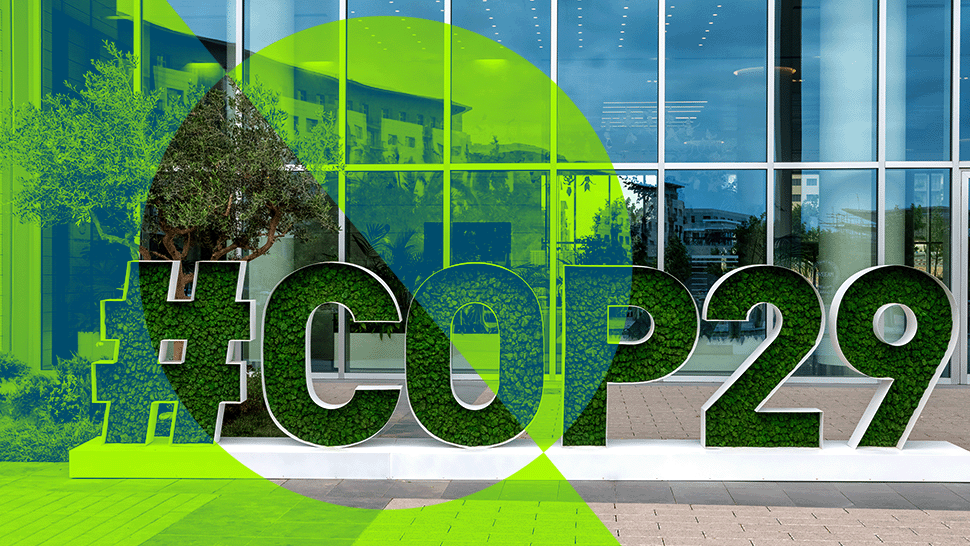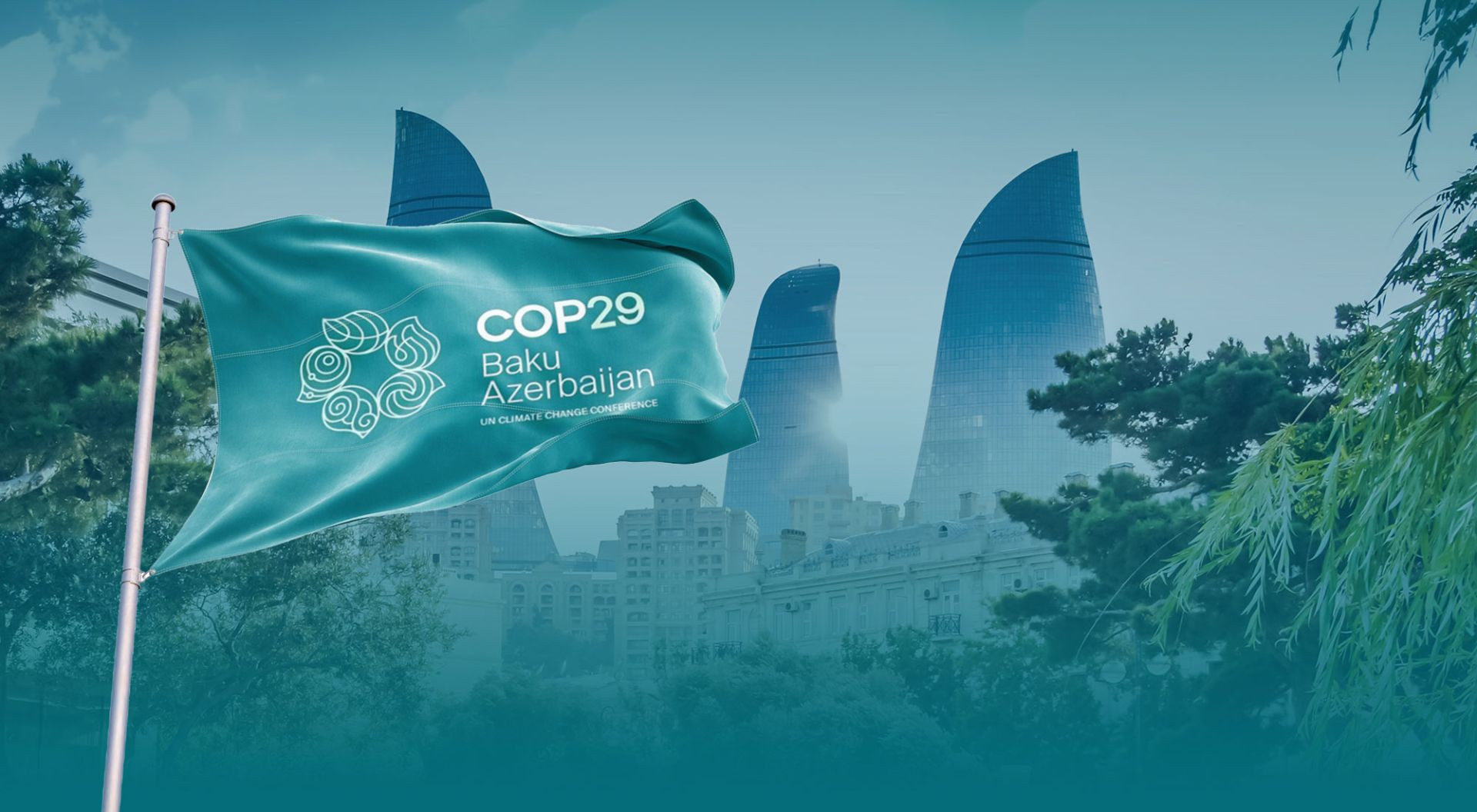The 44-day war in 2020 between Azerbaijan and Armenia ended the long-lasting occupation of the Karabakh region of Azerbaijan and opened new opportunities for the reintegration of Armenians living in Karabakh into Azerbaijan and durable peace in the region - writes Shahmar Hajiyev and Talya İşcan.
Unfortunately, during consultations and peace talks between the Armenian and Azerbaijani governments, with the participation of mediators and in which post-conflict negotiations were based on mutual recognition of territorial integrity and sovereignty, a controversial event happened when, on August 16, the United Nations Security Council met at the initiative of Armenia.
It is worth noting that Armenia’s efforts at the UN Security Council to highlight alleged human rights violations and humanitarian issues caused by Azerbaijan’s checkpoint on the Lachin road were ultimately unsuccessful. Nevertheless, the recent UN Security Council session revealed an alarming weakness in terms of peace and security mechanisms, as well as political mediation, that jeopardizes post-conflict negotiations on normalization of relations between the two rivals and undermines Azerbaijan’s peace efforts, including establishing a period of reconstruction to remove the scars of war and eventually reach reconciliation.
The case presented by Armenia at the August session of the United Nations Security Council was based on the claim that Azerbaijan's checkpoint on the Lachin road was “violating human rights.” These accusations were also put forward for consideration by the International Court of Justice (ICJ) and rejected as recently as July 2023.
Furthermore, Armenia alleged a “humanitarian issue” as they claimed there were travel limitations, despite Azerbaijan’s denial and the fact that there were cases of Armenians crossing the border via the Lachin checkpoint during the period stated. At the same time, Azerbaijan’s sovereign rights should be acknowledged, as the Armenian side was apparently exploiting the Lachin road two years after the liberation war to infiltrate military personnel, alongside munitions, mines, and terrorist groups, and was also utilizing it to exploit resources illegally.
Despite the clear bias of countries such as France, accompanied by some others, the special session failed to yield any meaningful results. This situation notably inhibits the current peace discussions from advancing and creates new obstacles. For example, Armenian Foreign Minister Ararat Mirzoyan could be heard declaring full support for the separatists, concealed within a speech expressing humanitarian victimhood - despite clear evidence, including on social media, that proves there is no humanitarian crisis. Meanwhile, separatist leaders in the Karabagh region declared, immediately after the Security Council session, that new volumes of meat products were being put onto the market. Another noteworthy element is that Armenia dispatched its Foreign Minister to deliver a speech, while Azerbaijan was confidently represented by its Permanent Representative at the United Nations. Instead of peace and full regional integration, Armenia still hopes for international intervention to pursue its aggressive politics and territorial claims, and such acts are blocking the reintegration of Armenian residents of the Karabakh region of Azerbaijan.
It should be noted that nations that served as the main mediators during past conflicts, such as France, have shown unusually strong support for the Armenian position. The eyebrow-raising French position creates concern about impartiality in international conflict mediation. The actions of France have resulted in the definitive and total loss of credibility of this country as a possible mediator. Reportedly, France is teaming up with Armenia to organize an anti-Azerbaijan resolution in the UNSC, which might be considered a clear provocation and certainly undermines the peace talks.
In contrast, countries such as Türkiye, Albania, and Brazil have adopted pacifist and constructive discourses. These countries recognize Azerbaijan’s solution, which is to use an alternative supply route via Aghdam city to alleviate the region’s humanitarian challenges. These countries are advocating for dialogue and the implementation of international law-based solutions.
During his speech, Azerbaijan’s Permanent Representative to the UN, Yashar Aliyev, showed proof, including printed details of the Armenian population in the region, that proved the absence of any kind of humanitarian crisis in the Karabagh region. He emphasized once again that “What Armenia tries to present as a humanitarian matter, is indeed [a] provocative and irresponsible political campaign to undermine the sovereignty and territorial integrity of Azerbaijan.”
There is a genuine likelihood that Armenia, through these actions, is preventing a smooth dialogue on peace with Azerbaijan, as well as between ethnic Armenians of the Karabakh region and Baku. This certainly appears to be a problem for reintegration and lasting peace, because Armenia is demonstrating continuous actions in contravention of the Security Council resolutions recognizing Azerbaijan’s territorial integrity and sovereignty. In addition, such actions could hamper the peace dialogue because Armenia is still advancing territorial claims.
In response to the events involving the Security Council, Azerbaijan has reiterated that Armenia’s attempts to instrumentalize the UN have repeatedly failed. It has become clear that the path to a solution is based on constructive commitment, and implementing international law and commitments within that framework. Azerbaijan also emphasizes the need to recognize sovereignty and territorial integrity as the foundation for regional peace and stability.
Azerbaijan has clearly shown that official Baku will not make any compromise regarding territorial integrity and sovereignty. Moreover, Azerbaijan maintains its offer to utilize the Aghdam route for supplies to the Karabagh region. Azerbaijan has also proposed direct dialogue between official Baku and the Karabakh Armenians to start the reintegration process. As a follow-up to previous meetings between the parties, it had been agreed that a meeting between Karabakh Armenian representatives and Azerbaijan would be held in Yevlakh city of Azerbaijan. However, the representatives of the Karabakh Armenians refused to attend this meeting at the last moment. Moreover, their rejection of opening the Agdam route for supplies and insistence on intensification of passage via the Lachin road demonstrate that the main goal of the Armenian side is to use disinformation and political manipulation to put pressure on Azerbaijan.
Considering the abovementioned circumstances, the appropriate response of the world community to this issue must be a transparent attitude, respect for territorial integrity, and support of all routes for supplying humanitarian aid to the Karabakh region. As noted by Assistant to the President of Azerbaijan, Hikmat Hajiyev, “the Azerbaijani government wants the goods to be delivered not only through the Lachin road from Armenia but also from the Azerbaijani city of Agdam, because it historically connects Karabakh with the mainland of Azerbaijan and is less costly and more convenient.”
In the end, the recent special session of the UN Security Council epitomizes the complexities and tensions inherent in Armenia–Azerbaijan relations. The principles of territorial integrity and sovereignty must prevail in the region, and the international community must take a constructive approach towards border control given that Azerbaijan established the checkpoint on its internationally recognized territory. In the South Caucasus, a region marked by decades of bloodshed and distrust, the ultimate goal is to build trust between the parties and support regional economic integration.








